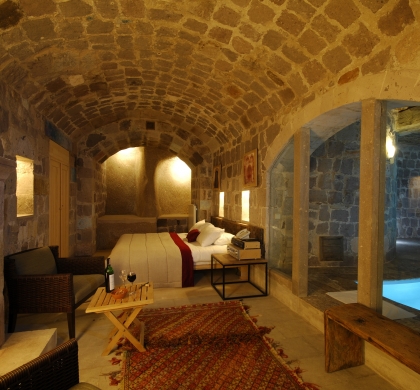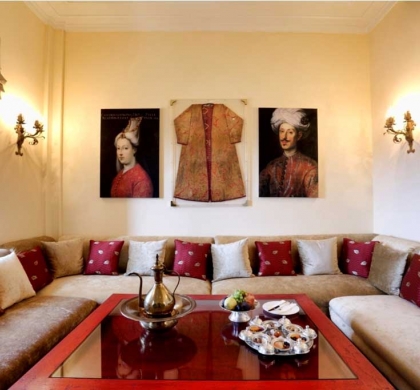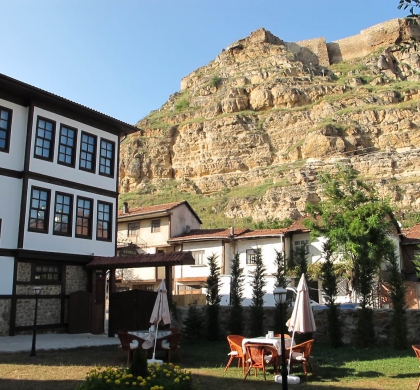Buy or gift a stand-alone digital subscription and get unlimited access to dozens of back issues for just £18.99 / $18.99 a year.
Please register at www.exacteditions.com/digital/cornucopia with your subscriber account number or contact subscriptions@cornucopia.net
Buy a digital subscription Go to the Digital EditionVeterans of the Peking-to-Paris rally know that if you can nurse your car across the deserts, mountains and yak tracks of the great Asian landmass and reach Istanbul in one piece, the final leg on Europe’s roads should be a cruise. Lord Montagu of Beaulieu, an entrant in this year’s 90th anniversary event, sent home a diary of his - and others’ - adventures on this 12,000 mile marathon from Peking to Paris
Lanzhou, China, September 10
The 12,000-mile rally, four years in the planning, marks the 90th anniversary of that historic occasion, the original Peking-to-Paris motor challenge. The route we shall take, however – across the Himalayas via Tibet on the world’s highest roads – is entirely different from that followed by Prince Scipione Borghese, who, in his 7433cc Itala, won on that occasion. As Philip Young of the Classic Rally Association, the organisers, explained, ‘There is little point in trying to retrace the route of the 1907 event because the Russian Federation roads are now too good to form any sort of a challenge.’
Only cars build before 1967 have been admitted, and many of the 96 entrants are pre-1950 models. The choice covers the motoring spectrum: from a 425cc 1958 Citreon 2CV to a 1907 La France. My own is a 1915 Prince Harry Vauxhall, Britain’s first real sports car, named after the Kaiser’s younger brother. Some of us are setting out in limousine luxury – no fewer than five Rolls-Royces are competing – while the award for the Most Uncomfortable Car in the rally has to go to Phil Surtees’ Ford-built 1942 Jeep. The oldest entrant is 72-year-old Pennsylvanian Ray Carr, the only person in the world to have driven across America in steam-, electric- and petrol-powered cars. He had wanted to enter his 1909 Stanley Steamer but the organisers felt that might constitute a challenge too far!
On Sunday, September 6, a vast crowd gathered outside Peking’s Great Hall, to watch the 8am start, marked by ministerial speeches, a brass band, dragon dancers and thousands of balloons. And off we went. For the first few days, from dawn to dusk, we passed through a welcoming sea of expectant, smiling faces. Sometimes our path was blocked by people wishing us luck.
Climbing the Yellow River valley into Inner Mongolia, we crossed the river, skirted the Gobi Desert and passed the Great Wall – along this stretch built entirely of mud. We drove through a landscape dominated by fields of rice, sunflowers, maize, melons and sheep, not to mention large brickworks and a cashmere factory.
The cars were manifesting a few problems by this stage, but still going strong was the Sinsheim Museum’s replica 1907 car – it certainly sounds realistic. The Bentleys looked good, as did the Iranians’ three Hillman-Peykan Hunters. And all three women entrants were coping well: Melissa Ong in her 1963 Porsche, rivalled by Francesca Sternberg and Jennifer Gillies in a 1964 Volvo Amazon.
Four days into the rally we have stopped at Lanzhou, the famous staging post on the old silk route…
The author founded the National Motor Museum, Beaulieu, Hampshire in 1952
Anatolia’s new peat gatherers follow a rugged, self-sufficient way of life. But they are taking their toll on the rare flowers of the Turkish moors.
Wherever he went in search of books on Turkey for his collection, Omer Koç was dismayed to find that the mysterious Mr Atabey had been there before him. Then, in an apartment in Paris, all was revealed: the world’s most magnificent collection of volumes on the Ottoman Empire and the Levant - a veritable treasure trove of beautiful books.
Iskenderun and Aleppo were once vital trading posts of the Ottoman Empire. Today they straddle a border and are raffish outposts worthy of Graham Greene. Amicia de Moubray accompanied Iskenderun’s Honorary British Consul on a whistle-stop tour of the two cities. She discovered the legacy of liquorice and the East’s most enticing bazaar.
In the seventeenth century, Evliya Çelebi, the Ottoman traveller, praised the size of the pumpkins of Varna on the Black Sea: a single fruit could weigh up to 60kg. Today in the Balkans, the custom is to slice off the stem end of a ripe pumpkin, scoop out its seeds and pour honey into the cavity. The top is then replaced like a lid and the pumpkin baked in the oven.
More cookery features
High on a honey-coloured Cappadocian hillside, a remarkable Frenchman set himself the challenge of restoring the crumbling stone houses in the village of Uçhisar. Today, lovingly brought back to life, they stand tall once again. David Barchard was bewitched. Photographs: Sigurd Kranendonk




Cornucopia works in partnership with the digital publishing platform Exact Editions to offer individual and institutional subscribers unlimited access to a searchable archive of fascinating back issues and every newly published issue. The digital edition of Cornucopia is available cross-platform on web, iOS and Android and offers a comprehensive search function, allowing the title’s cultural content to be delved into at the touch of a button.
Digital Subscription: £18.99 / $18.99 (1 year)
Subscribe now